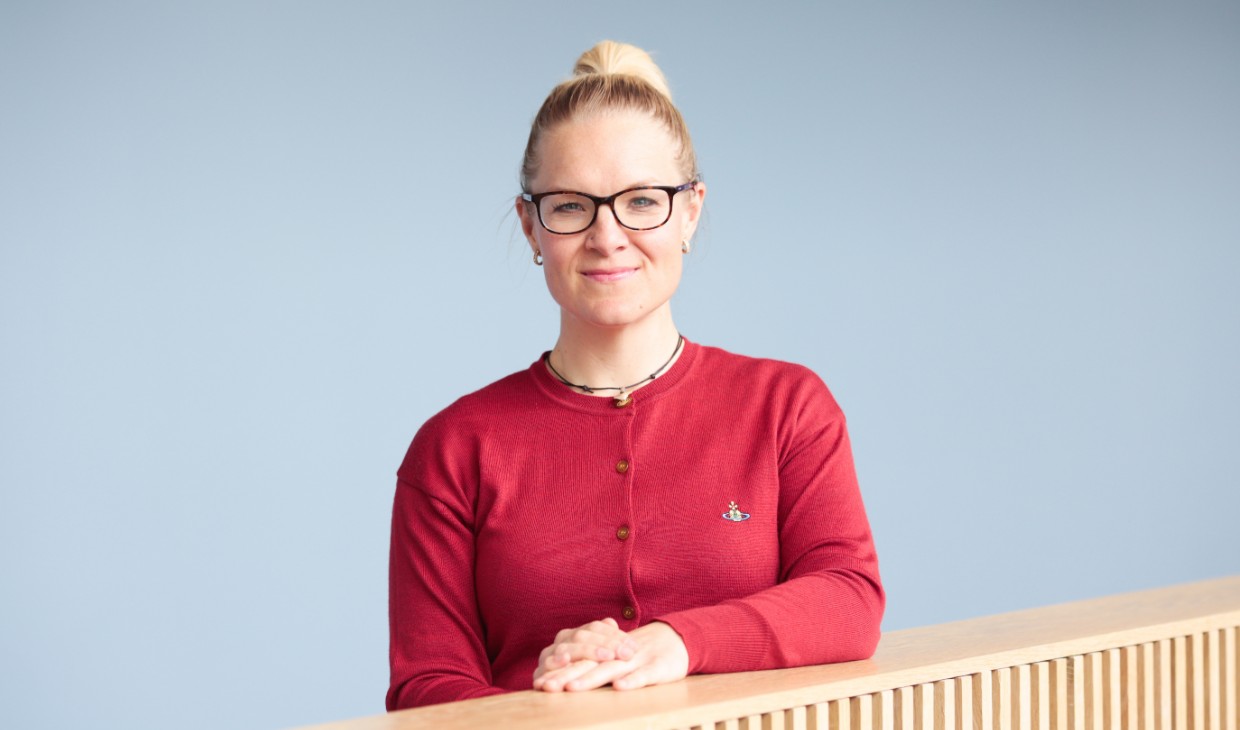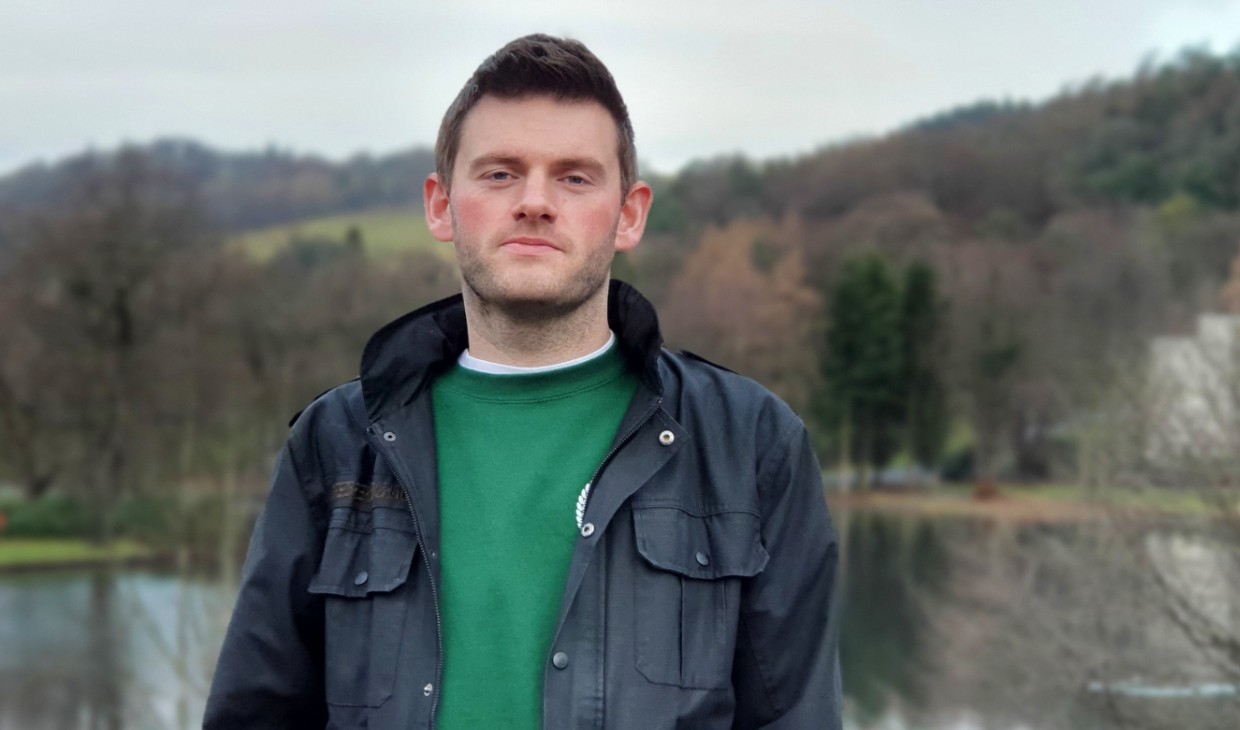Study reveals factors behind a resilient community
A new study has identified the key components of ‘community resilience’ – and experts believe their findings will help to develop and enhance responses to extreme events.
/filters:format(webp)/filters:no_upscale()/prod01/cdn/media/stirling/news/news-centre/2019/december/flood-1920X689.jpg)
A new study has identified the key components of ‘community resilience’ – and experts believe their findings will help to develop and enhance responses to extreme events.
Led by the University of Stirling, the research explored the ways in which communities and individuals – locally and internationally – are impacted by and react to extreme events, such as severe weather, major political happenings, and pandemics.
The cross-disciplinary team – involving academics from Stirling’s Faculties of Social Sciences; Health Sciences and Sport; and Arts and Humanities – reported seven primary themes in resilient communities: memory; connections; sharing; mind-set; diversity; communication; and training.
Dr Sandra Engstrom, of the Faculty of Social Sciences, led the project. She said: “We found that experience and shared memory were key elements of community resilience. In addition, social ties and connections; leadership, engagement and shared responsibility; and mind-set, collective thinking, openness to adapting and cultural change were important.
“Integration, inclusivity, equity and diversity; communications, social support and coordination; training and exercises, and identifying local needs were also factors in resilient communities.”

Dr Sandra Engstrom, of the University of Stirling, led the study.
The team said Scotland is affected by a range of extreme events, including: major weather events; landmark political events; pandemics, such as flu outbreaks; collapses in biodiversity; mega events, such as the Commonwealth Games; and economic events, such as the closure of major businesses.
They found that both formal and informal development processes are required to build community resilience – which helps them to react and recover from such events. Formal development requires that clear roles, plans and communications strategies are in place, as well as training and equipment. Informal development includes ensuring local community events are supported, while commitment from the community and the local authority to work together towards a common goal is crucial.
The authors of the report recommend that: physical spaces are made available for community groups to share their experiences, memories and knowledge; communities are encouraged to utilise, support and promote local knowledge; the co-production of community projects is enabled; and that foundations are created for good communication and partnership working.
Dr Engstrom worked alongside Dr Tony Robertson, of the Faculty of Health Sciences and Sport, and Dr Paul Docherty, of the Faculty of Arts and Humanities.
Dr Robertson said: “There are gaps in the understanding of what community resilience is; what it means to those working in communities, academia, practice and policy; and how it is enacted in Scotland.
“Through building a narrative of experiences, this project has contributed to a greater understanding of community resilience, to form the foundations for sustainable, positive changes in people’s lives and communities. The project created opportunities to explore the ways communities and individuals are impacted by and react to extreme events.
“Greater understanding of existing experiences can be used to encourage development of community resilience. By enhancing resilience, those affected by extreme events are better able to cope; communities are given a voice; and risks and vulnerability on local, national and global scales are reduced.”

Dr Tony Robertson collaborated on the research, alongside colleagues from across the University.
The study brought together more than 80 participants from 45 organisations and groups in Scotland with insights from communities, the voluntary sector, academic and statutory organisations.
The team now hope to further develop their research by building a network that brings together key voices in the discussion – including those of policymakers, resilience practitioners and communities.
The project was funded by Scotland’s National Centre for Resilience and delivered as part of the Extremes in Science and Society programme. The programme is one of Stirling’s 12 research programmes that brings together researchers from across the University to conduct interdisciplinary research in particular areas of strength.
